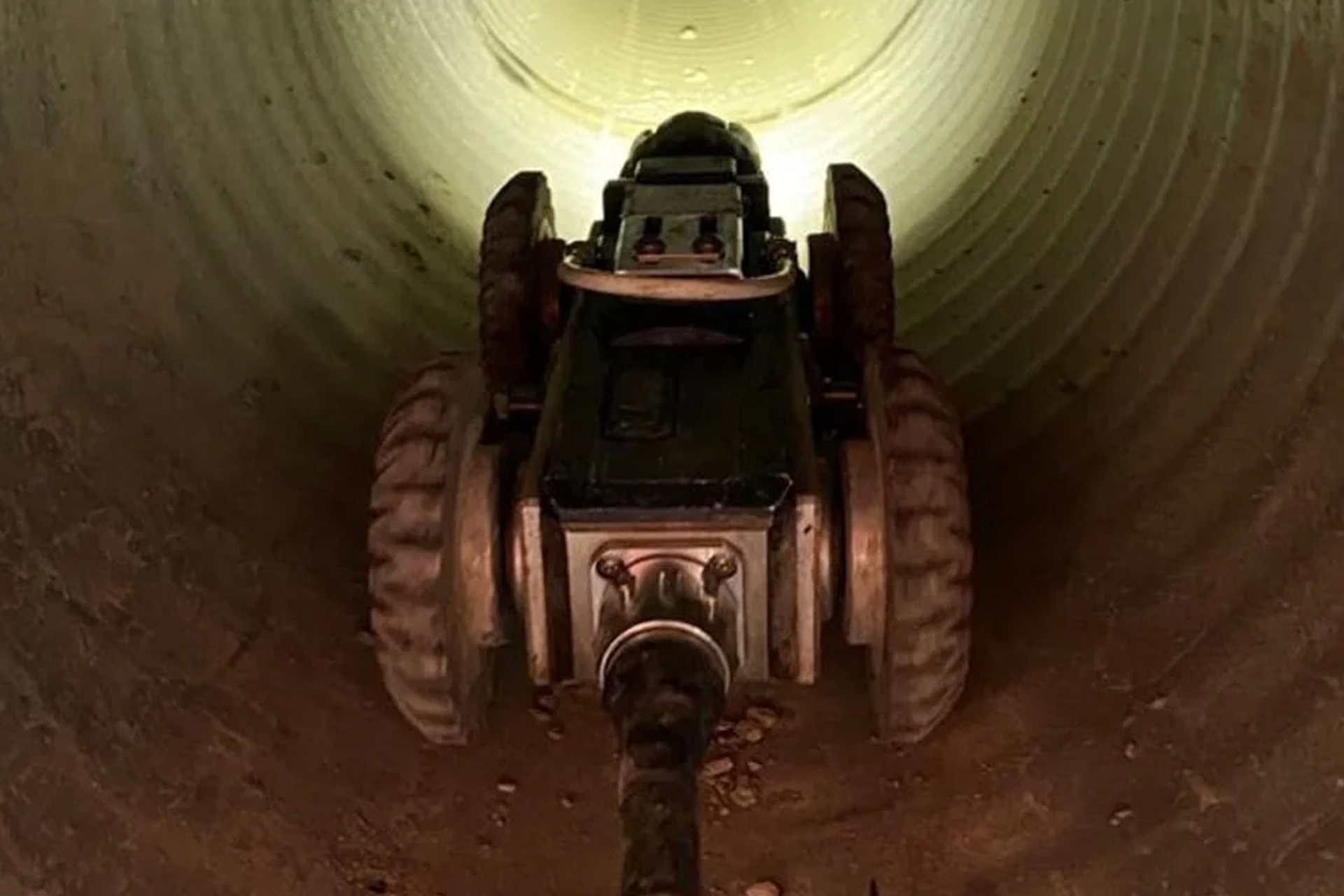Facts About Reclaim Waste Revealed
Facts About Reclaim Waste Revealed
Blog Article
Examine This Report on Reclaim Waste
Table of ContentsThe smart Trick of Reclaim Waste That Nobody is DiscussingFacts About Reclaim Waste Revealed10 Simple Techniques For Reclaim WasteIndicators on Reclaim Waste You Need To KnowWhat Does Reclaim Waste Do?
Discover the types, occurrences, and kinds of liquid waste. Residential sewage waste describes the waste and products from a residential sewage-disposal tank. This sort of waste is developed by people in homes, colleges, and other buildings. This only consists of septic tanks that have a drainpipe field. The correct administration and disposal of residential sewage waste call for liquid waste to be transferred to a sewage therapy plant where the proper approaches and equipment are related to purify and dispose of waste.
Industrial waste typically consists of potential threats, such as combustible materials or a mix of liquid and solid waste items, and needs an extra innovative and thorough disposal procedure. The disposal of business waste normally involves the filtering of waste before transport to make certain safe and appropriate disposal. Hazardous waste is developed from byproducts and runoff of industrial processes and manufacturing.
This type of waste can not utilize the very same sewer monitoring transportation or procedures as septic or industrial liquids. The hazardous waste management process requires the assessment and testing of liquid waste before it goes through the disposal process (industrial wastewater treatment). Runoff waste is the fluid waste that originates from drainage and excess stormwater in very booming locations or cities
Overflow waste can cause contamination and flooding if not dealt with effectively. Guaranteeing correct waste monitoring can prevent disasters and minimize environmental injury.
The Greatest Guide To Reclaim Waste
Get in touch with PROS Solutions today to learn more about our waste management and disposal services and the correct ways to take care of the fluid waste you generate.
(https://triberr.com/reclaimwaste1)Do you understand what happens to your water when you draw the plug, flush the bathroom or drain the cleaning device? No? Well, it deserves understanding. This supposed 'wastewater' is not only an important source but, after therapy, will be launched to our land, waterways or the sea. Used water from commodes, showers, baths, kitchen area sinks, laundries and commercial processes is understood as wastewater.

water used to cool down machinery or tidy plant and equipment). Stormwater, a type of wastewater, is drainage that streams from farming and urban areas such as roofs, parks, yards, roadways, courses and gutters right into stormwater drains pipes, after rain. Stormwater streams untreated directly to regional creeks or rivers, at some point reaching the ocean.
The Basic Principles Of Reclaim Waste
In Queensland, most wastewater is dealt with at sewer treatment plants. Wastewater is moved from domestic or industrial sites with a system of sewage systems and pump stations, called sewage reticulation, to a sewage therapy plant. Local governments develop, keep and run most sewage treatment plants. Operators are certified under the Environmental Management Act 1994 to discharge treated wastewater at an acceptable environmental requirement into rivers.
The Department of Natural Resources recommends local federal governments concerning handling, operating and keeping sewage systems and treatment plants. In unsewered areas, city governments may require owners to set up individual or household sewer therapy systems to deal with residential wastewater from bathrooms, kitchens, bathrooms and laundries. The Division of Natural Resources authorizes using household systems when they are confirmed to be efficient.
Many stormwater receives no therapy. In some new subdivisions, therapy of some stormwater to eliminate litter, sand and crushed rock has begun using gross contaminant traps. Wastewater therapy occurs in 4 phases: Eliminates strong matter. Larger solids, such as plastics and various other objects incorrectly released to drains, are removed when wastewater is gone through screens.
Utilizes small living microorganisms understands as micro-organisms to damage down and eliminate staying liquified wastes and great fragments. Micro-organisms and wastes are incorporated in the sludge.
Indicators on Reclaim Waste You Should Know
Nutrient elimination is not available at all sewage treatment plants because it needs expensive specialised tools. Clear fluid effluent created after treatment might still have disease-causing micro-organisms - liquid waste disposal melbourne.

The majority of wastewater streams right into the sewerage system. Under the Act, neighborhood governments carry out approvals and permits for ecologically relevant tasks (Periods) including wastewater releases that may have a local effect.
Everything about Reclaim Waste
Surveillance gives accurate info about water top quality and can verify that permit conditions are being satisfied. The info gotten with surveillance gives the basis for making water quality choices.
Report this page